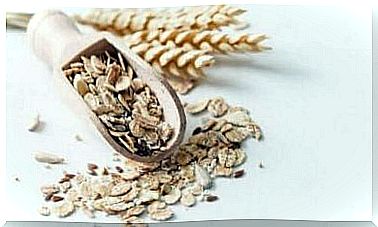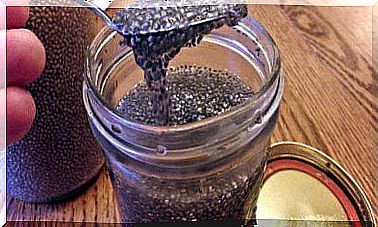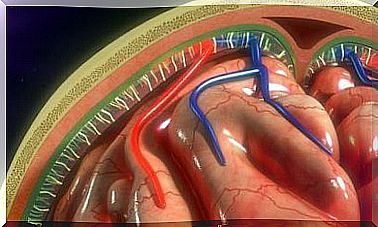Five Powerful Vegetables You Should Eat

Fruits and vegetables are essential for a well-balanced diet. Eating these powerful vegetables daily can prevent metabolic diseases. The World Health Organization (WHO) estimates that an average of 1.7 million lives could be saved each year if people eat more of these foods.
Therefore, nutritional advice around the world emphasizes increasing fruit and vegetable consumption as a strategy for disease prevention and health maintenance.
It is also a way to obtain essential micro and macronutrients. So what are the healthiest vegetables? Read on to find out.
Potent Vegetables Are Full of Phytochemicals
Vegetables are distinguished by a wide range of active substances that have many health benefits. These substances are commonly known as “phytochemicals”, but they are also referred to as “phytonutrients”.
There are several groups of phytochemicals and, in turn, within each group, there is a huge variety of substances that have anti-inflammatory effects. These are also responsible for the characteristic colors of foods.
The families of the main phytochemicals with anti-inflammatory properties are:
- carotenoids, such as lycopene and beta-carotene
- phenolic compounds such as polyphenols, flavonoids and flavones
- sulfur compounds such as allicin and lutein
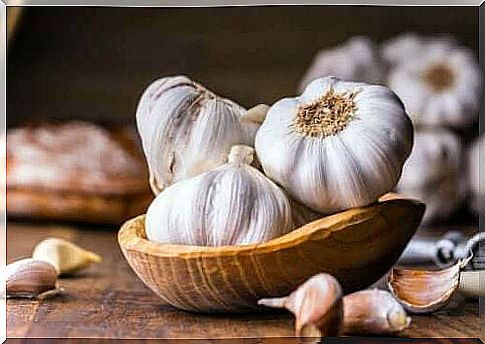
What are the most powerful vegetables?
Several studies have shown the role of these substances in the prevention of cardiovascular and neurodegenerative diseases and various cancers. Among the healthiest vegetables, which have a high concentration of these substances, the vegetables that we discuss below stand out.
1. Tomatoes
Tomato is a source of lycopene (part of the carotenoids group). It is responsible for the red and orange color of some fruits and vegetables.
This is also one of the basic foods and quite healthy because they are low in calories and fat. They are also a high source of:
- fiber
- protein
- vitamins A, C, and E
- potassium
2. Onions
This vegetable contains phytochemicals such as:
- lutein
- luteolin glycosides
- flavanols
However, it is the onions with a dark color and with a more pronounced taste that have the highest anti-inflammatory activity. They can also help prevent chronic diseases.
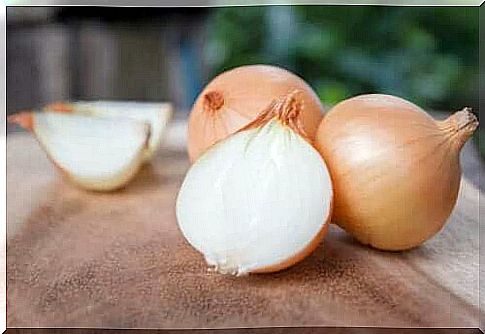
3. Broccoli
Broccoli is distinguished by a high content of sulfur compounds. Lutein is the most important of these and serves as a mediator of the antioxidant and anti-inflammatory processes associated with aging. Some studies suggest that it may have a protective effect on the stomach, even in low concentrations.
4. Carrots
This is a great vegetable when it comes to nutrients. This is because it is an important source of vitamins and minerals. In addition, it is also considered to be one of the vegetables with the highest dietary fiber content.
You might not know it, but the orange color of carrots is due to the presence of carotenes, including beta-carotene, a natural pigment that the body converts into pro-vitamin A.
It promotes vision health and aids in the formation and maintenance of teeth, bones and mucous membranes, and keeps the skin healthy.
5. Garlic
Garlic contains sulfur compounds, such as allicin, which have important antibiotic functions. Research suggests that it may help prevent the growth of pathogens that cause infection.
However, you should keep in mind that this compound is only formed after chopping, crushing or chewing garlic.
Some closing notes on potent vegetables
Vegetables are distinguished by their contribution of nutrients and active substances. In this regard, you should ideally include the vegetables mentioned above in a healthy diet and in combination with other healthy foods.
To prevent disease and maintain well-being, it is essential to consume the right amount of water, lead an active life and limit your consumption of industrially processed foods and alcohol.
